Ditching Samsung and Apple phones? Remember these 3 things
Keep these points in mind when moving from Galaxy devices or the iPhone
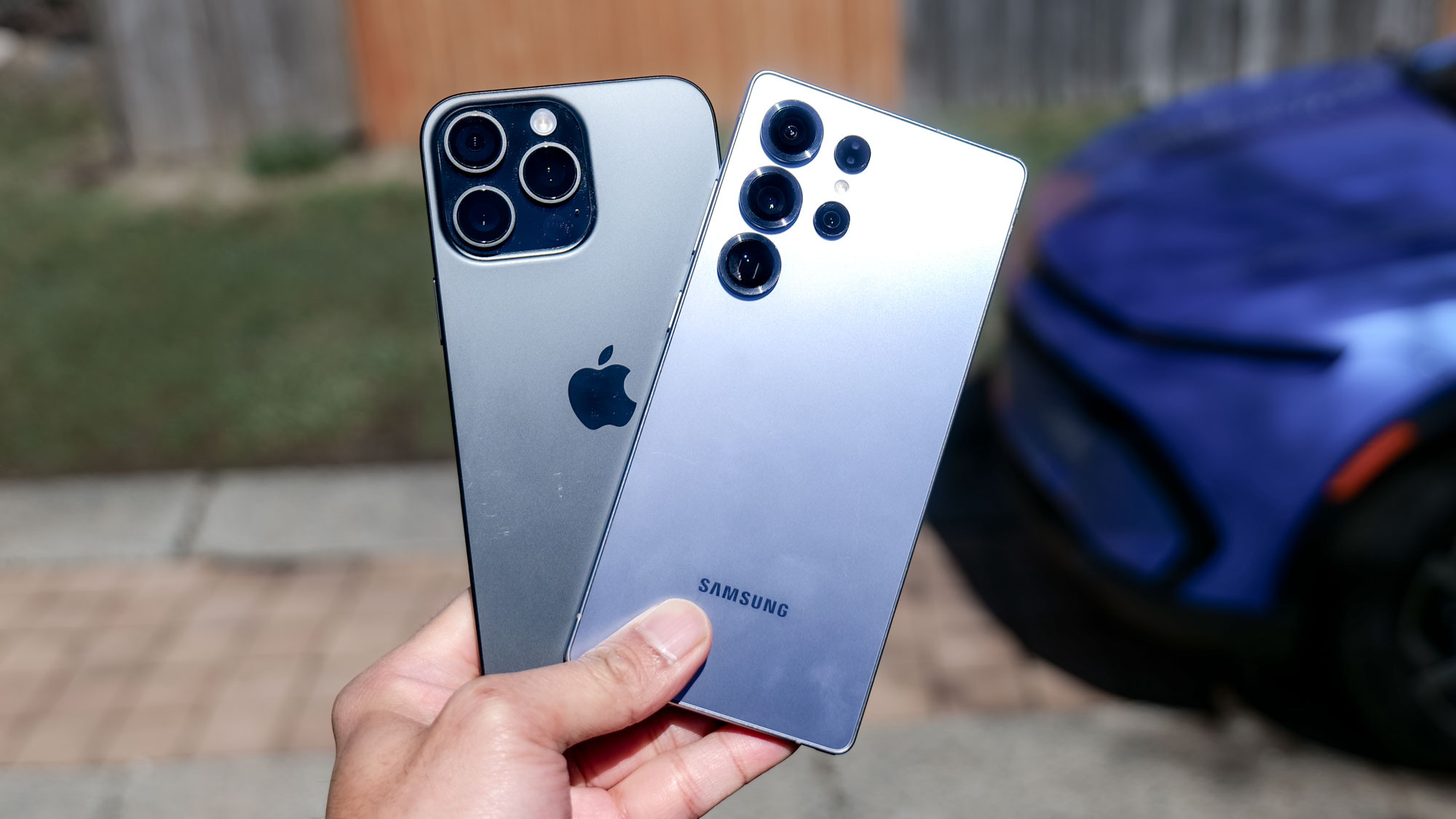
Here at Tom’s Guide our expert editors are committed to bringing you the best news, reviews and guides to help you stay informed and ahead of the curve!
You are now subscribed
Your newsletter sign-up was successful
Want to add more newsletters?

Daily (Mon-Sun)
Tom's Guide Daily
Sign up to get the latest updates on all of your favorite content! From cutting-edge tech news and the hottest streaming buzz to unbeatable deals on the best products and in-depth reviews, we’ve got you covered.

Weekly on Thursday
Tom's AI Guide
Be AI savvy with your weekly newsletter summing up all the biggest AI news you need to know. Plus, analysis from our AI editor and tips on how to use the latest AI tools!

Weekly on Friday
Tom's iGuide
Unlock the vast world of Apple news straight to your inbox. With coverage on everything from exciting product launches to essential software updates, this is your go-to source for the latest updates on all the best Apple content.

Weekly on Monday
Tom's Streaming Guide
Our weekly newsletter is expertly crafted to immerse you in the world of streaming. Stay updated on the latest releases and our top recommendations across your favorite streaming platforms.
Join the club
Get full access to premium articles, exclusive features and a growing list of member rewards.
Recently I decided that I wasn’t all that interested in buying another Apple or a Samsung phone, and I plan on moving to a handset from a different phone maker. However, I've learned that making such a switch comes with its own set of issues — and some of them may surprise you.
I’ve had an iPhone for as long as iPhones have been a thing; I currently use an iPhone 15 Pro Max as a matter of fact. I’ve also been closely connected with Samsung products, most recently via some Galaxy S25 testing that I've been doing. In other words, I'm pretty familiar with phones from either Apple or Samsung.
Other phones are more of a mystery to me. And while switching to an untried device shouldn't be too difficult, i found myself wondering what hurdles might stand in my way. After exploring such a switch, I've come across three major things you need to keep in mind when you're bailing on the two biggest names in smartphones.
Say goodbye to your phone's ecosystem
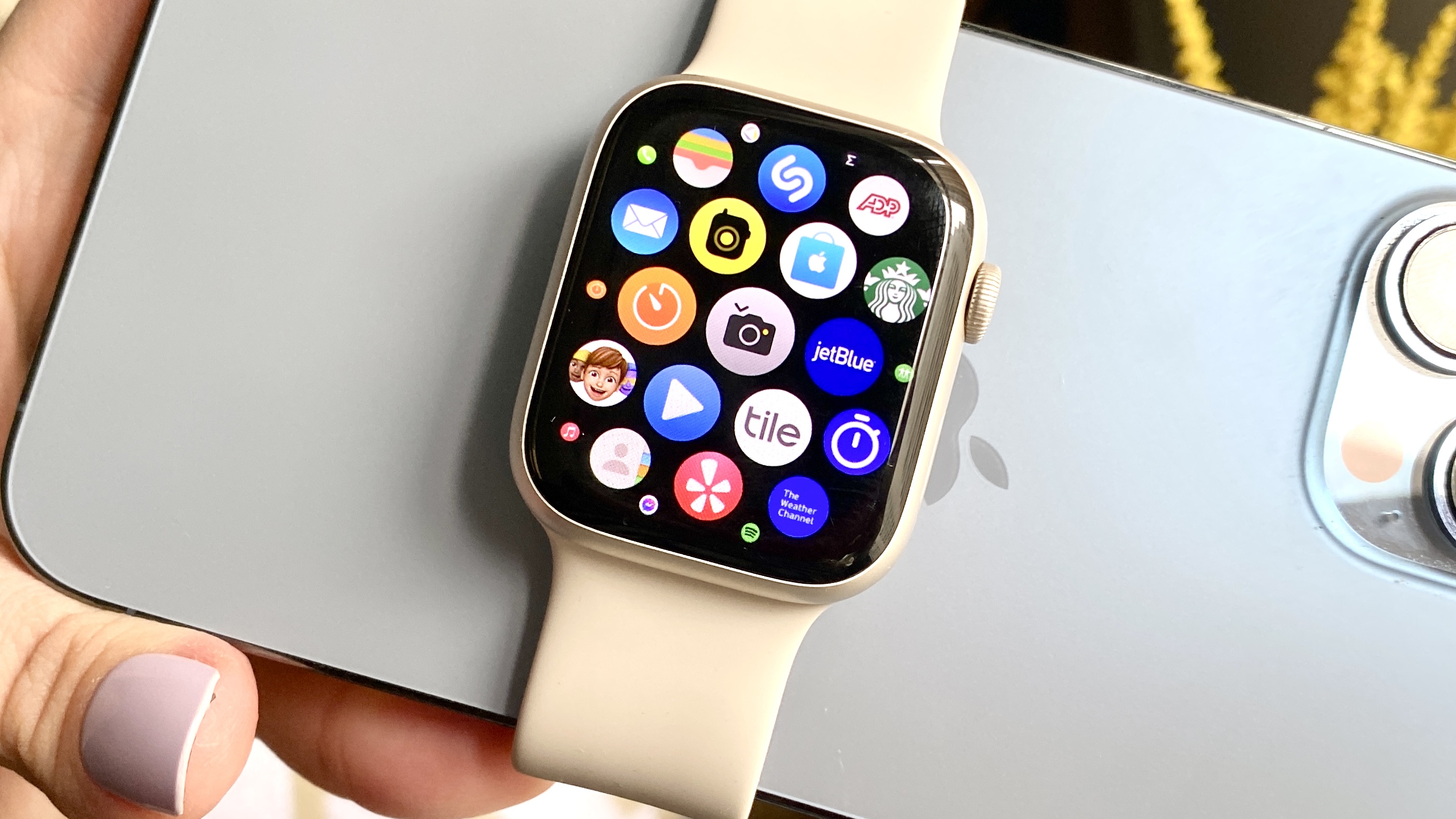
The first thing to be aware of is that when leaving Apple or Samsung, you are losing access to each company's respective ecosystems — the apps, the accessories and other connected devices.
How big an inconvenience that will prove to be depends on how much you have invested in each company's other products. If you happen to own some of the best smartwatches or the best MacBooks, then you’re likely going to have to make some sacrifices.
It's a much bigger deal with the iPhone. Say you have an Apple Watch and you decide to buy an Asus ROG Phone 9 Pro. You’ll find that your smartwatch is a lot less robust since it can only pair with one of Apple's phones.
It isn't just pairing devices that become a problem. Stepping out of the Apple or Samsung ecosystems can also affect your workload.
Get instant access to breaking news, the hottest reviews, great deals and helpful tips.
For instance, if you trade out your Samsung phone, but keep your Galaxy Tab 10 Pro, then you won't be able to utilize app continuity between your tablet and your new phone. In other words, you can't open whatever app you were using on the other device to quickly return to what you were doing.
You may sacrifice performance
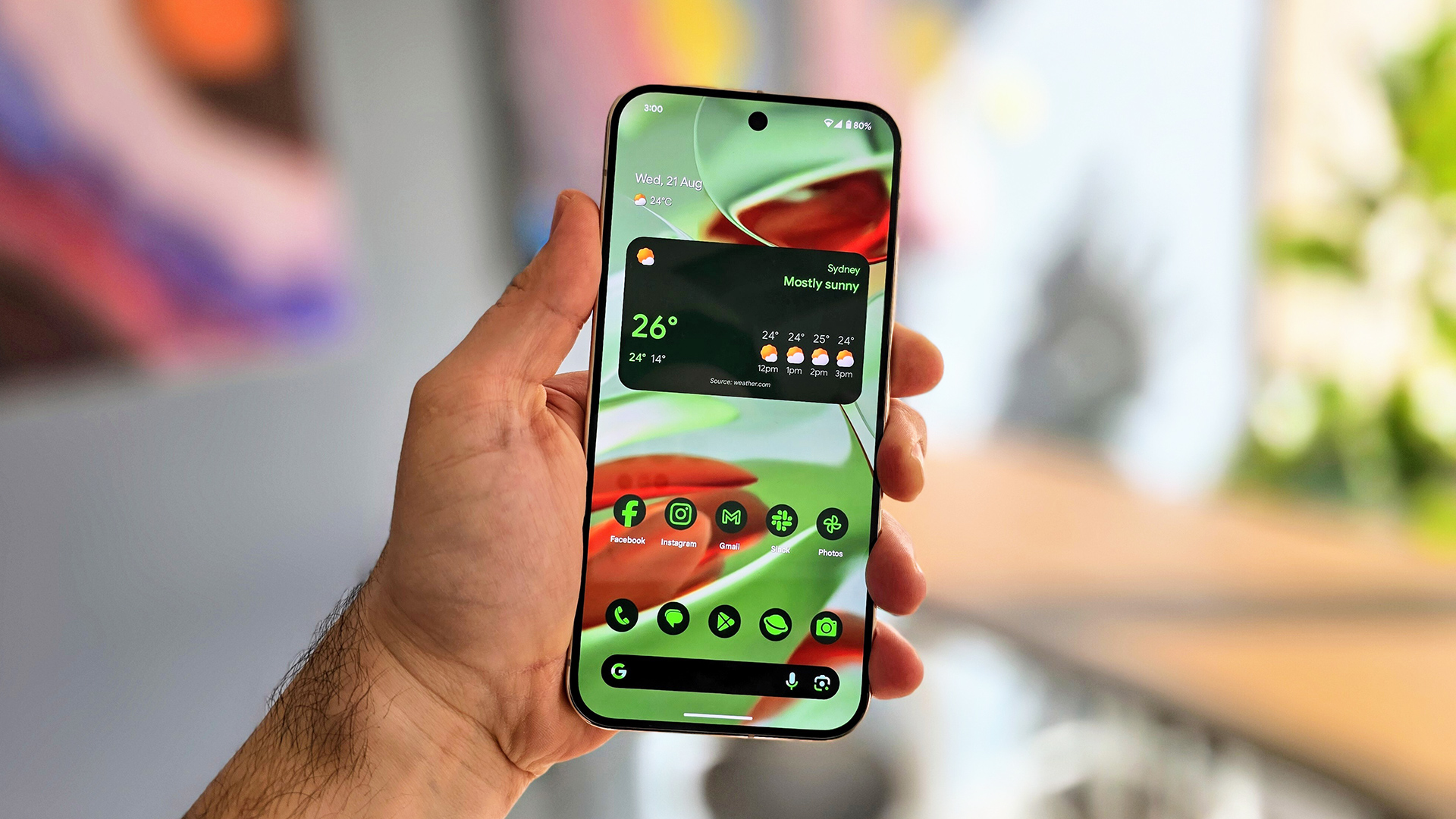
Generally speaking, when you get an iPhone or one of Samsung's flagship phones, you're getting the best silicon money can buy. In the case of the iPhone 16 Pro Max or iPhone 16 Pro, that's an A18 Pro chipset. (The other iPhone 16 models have their own version of the A18.) All the Galaxy S25 phones feature a Snapdragon 8 Elite that's optimized for Samsung devices.
Contrast that with the chipsets powering some of the other best phone contenders. While there is a lot to love about the Google Pixel series Tensor chip, it falls short of what the silicon power Apple and Samsung phones can do.
| Row 0 - Cell 0 | Single core | Multi-core |
iPhone 16 Pro Max (A18 Pro) | 3386 | 8306 |
Galaxy S25 Ultra (Snapdragon 8 Elite) | 3,031 | 9,829 |
Google Pixel 9 Pro XL (Google Tensor G4) | 1929 | 4747 |
OnePlus 13 (Snapdragon 8 Elite) | 2,893 | 9,058 |
Asus ROG Phone 9 Pro (Snapdragon 8 Elite) | 2,012 | 8,076 |
As you can see in the list, three different phones feature the Snapdragon 8 Elite chip, but the Galaxy S25 Ultra has the best average performance. The reason for this is that the Samsung edition of the Elite offers a peak CPU speed of 4.47 GHz compared to the base version's 4.32 GHz.
This isn't anything new, as the Samsung Galaxy S24 series came with the Snapdragon 8 Gen 3 for Galaxy. This chip offered a 100 MHz higher CPU and GPU clock speed, which in turn led to higher performance.
When it comes to Apple, it’s worth noting that the A-series chip features some of the strongest single-core performance of any smartphone on the market. What this means is that the iPhone can quickly perform certain tasks that aren’t multi-threaded. This includes many games and editing programs, making the iPhone one of the best devices for that kind of content.
It's true that this will be a minimal concern for many people, who won't be able to tell the split-second difference between performance. But if you plan on running demanding apps and games, the difference is worth considering when looking at phones beyond what Apple and Samsung offer.
Software support can be limited outside of Apple and Samsung
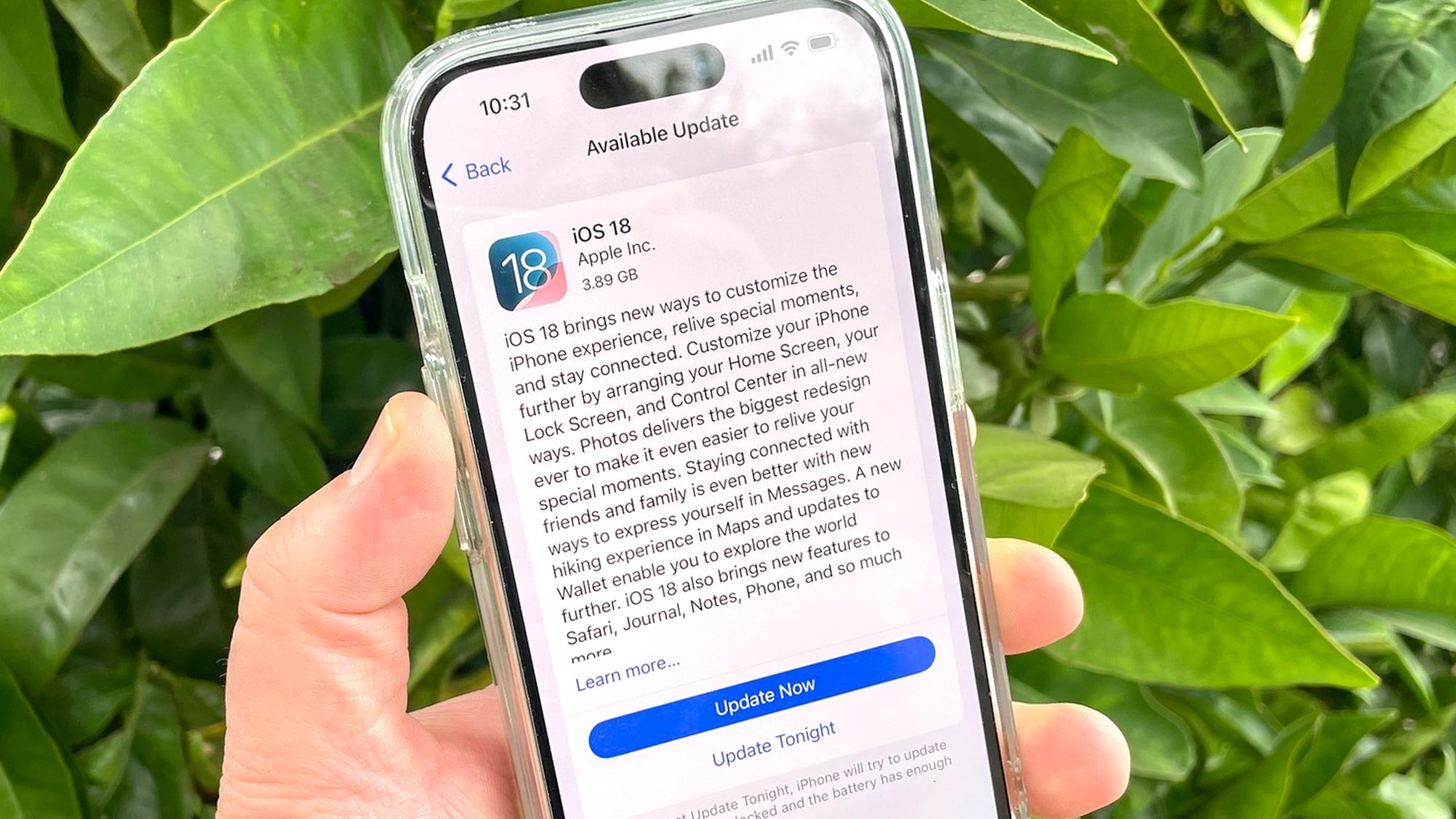
Easily, the biggest issue that arises when leaving either Apple or Samsung is how much harder it can be to get support for your devices. And that covers everything from new updates, security and having your device repaired.
When you own either a Galaxy or an iPhone, getting necessary repairs is relatively hassle-free. There is a wealth of registered repair centers that offer official parts, not to mention the stores that offer the service. Alternatively, some of them you can easily repair yourself.
Meanwhile, if you have something like a OnePlus 13, you’ll need to send it off to OnePlus or use a third-party company. I don’t want to dismiss third-party repair, but if you prefer getting a fix from an official source, it’s worth noting.
One of the biggest changes you'll need to be aware of with Apple is the difference in security. Apple phones remain some of the most secure devices on the market, although Motorola offers some stiff competition. This is partially because Apple keeps most of its software behind lock and key. As such, when you move on to an Android device, you’ll need to be aware of the added security threats.
Finally, both Apple and Samsung tend to constantly update their device compared to other models. Now, this is less of a point at the moment due to the issues we’ve seen with the release of One UI 7 and the slow drip of features for iOS 18. However, even with those issues, both are blissfully free of the bloatware that you see on phones like the Redmagic 9s Pro or OnePlus 12.
Apple and Samsung also tend to offer software support for much longer than other phone makers. For instance, Apple offers around 5 years of support, sometimes more, while Samsung has extended support to seven years for its flagships and six years for its midrange Galaxy A series devices. Google offers seven years of support as well, but they're an outlier among phone makers.
None of this should dissuade you from a switch
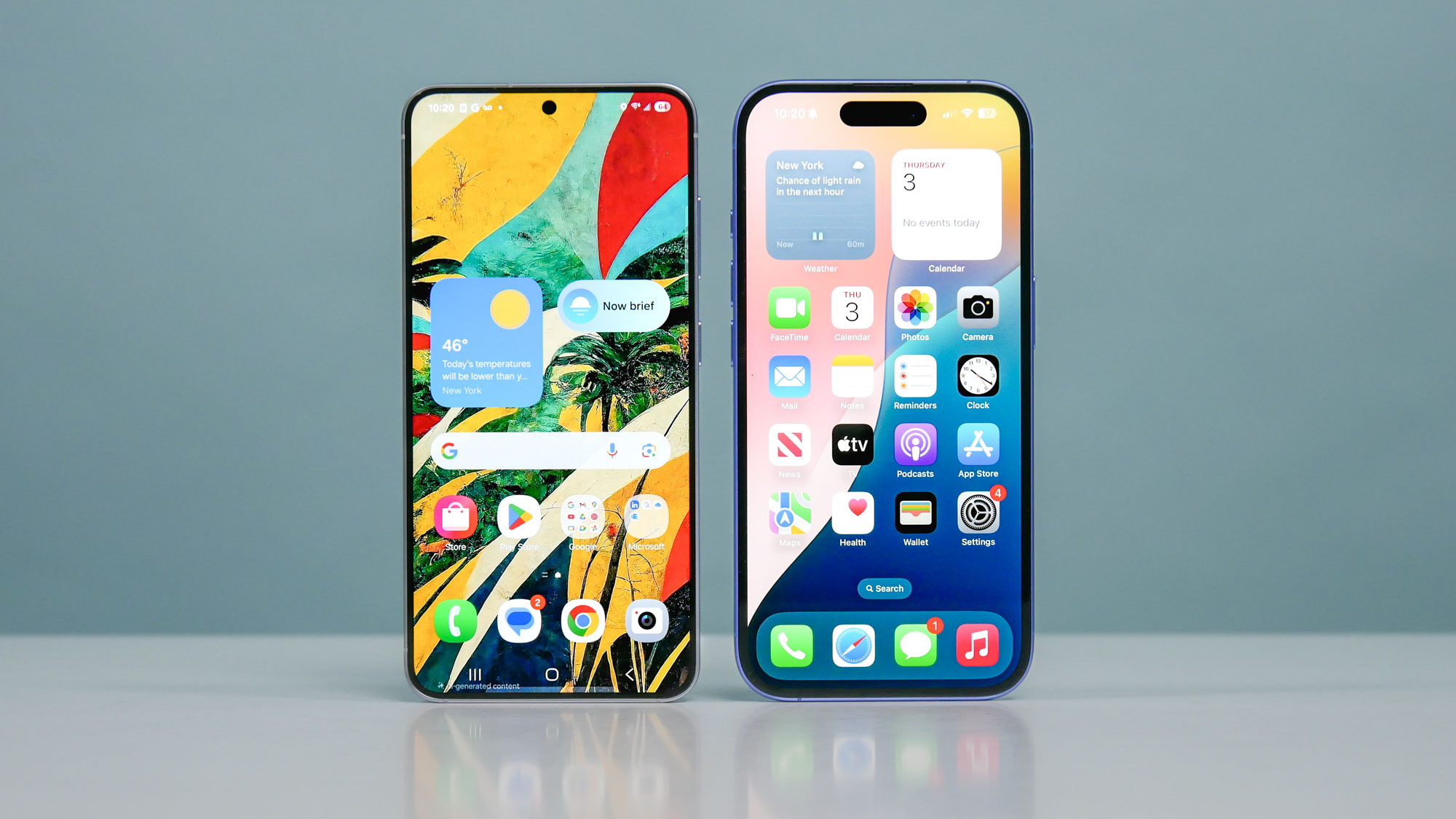
I don't think any of these three factors should stop anyone from moving away from either Apple or Samsung. Still, it would be foolish to think that there wouldn't be changes when doing so.
While it is true that sacrificing some support and processing power aren't ideal, most of the time it won't hugely affect your experience. The reality is that modern technology has shortened the gap between most hardware to the point where it's a matter of metaphorical inches, rather than miles.
That said, if you do have an Apple Watch and an iPhone, I would consider your next move carefully and be aware that you may have to look at a smartwatch switch in addition to jumping to a new type of phone.
Let me know if you’re still considering moving on to another device and why. Alternatively, if you have already moved to another device, what difficulties did you have, or was it actually much simpler than anticipated?
More from Tom's Guide
- Apple's being ordered to change App Store rules by a US Judge — what that means for you
- Samsung Galaxy Z Flip 7 vs. Motorola Razr Ultra (2025): How these flip phones could compare
- We could see the Galaxy S25 Edge officially launched in only a couple of weeks — here’s what you need to know

Josh is a staff writer for Tom's Guide and is based in the UK. He has worked for several publications but now works primarily on mobile phones. Outside of phones, he has a passion for video games, novels, and Warhammer.
You must confirm your public display name before commenting
Please logout and then login again, you will then be prompted to enter your display name.
 Club Benefits
Club Benefits










